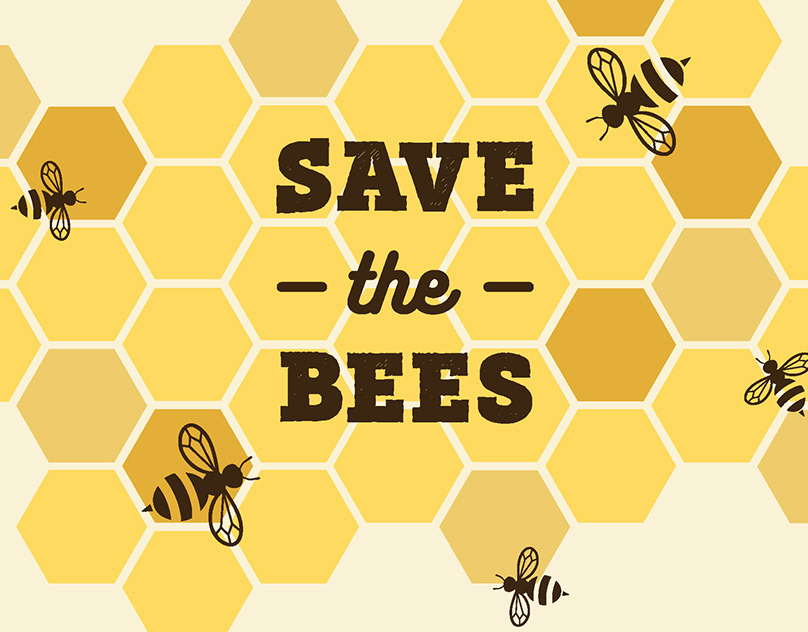At the Park District of Franklin Park, we have implemented many ways to be environmentally friendly. Now, we want to share these tips with you! Once a month, we will share one environmentally friendly tip that will teach you how to be kind to our planet. Our third environmentally friendly tip is to care and protect our pollinators. Pollinators like native bees, moths and butterflies are hard at work providing vital but often unnoticed services.
Honeybees are responsible for over one-third of all the food that we eat. This means that they make possible the production of at least 90 commercially grown crops in North America, and they are responsible for the reproduction of 90% of the world’s wild plant species. Bees pollinate fruits, vegetables, nuts, and other plants that are an essential part of our food supply. Everything from apples, oranges, and blueberries—to avocados, cucumbers, and pumpkins—to coffee and the cotton for our clothes—are all thanks to the honeybee.

There are so many different ways that people can help the bees! Even if you have no interest in becoming a beekeeper, there’s still a lot that you can do!
In your own yard you can plant a bee-friendly garden! Here are a few tips to remember:
- Use a variety of plants for a continuous bloom from early spring to late fall.
- Plant pollinator-friendly plants in clusters to create targets that are easy for bees to locate.
- Reduce or eliminate pesticide use in your yard. If you must use chemicals, always follow directions and never overuse or over-apply it.
- Bees need water, so put small stones or marbles in a birdbath or bowl for them to stand on.
- Bee-Worthy Weeds: Bees love dandelions, clover, and milkweed; letting them flower in your yard will attract bees and provide them with a great food source.

